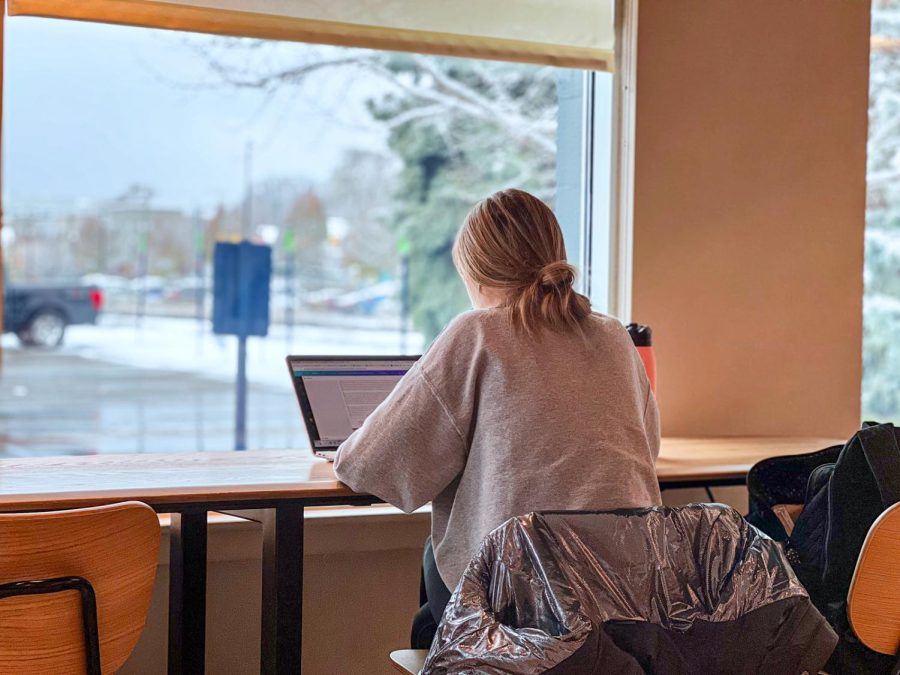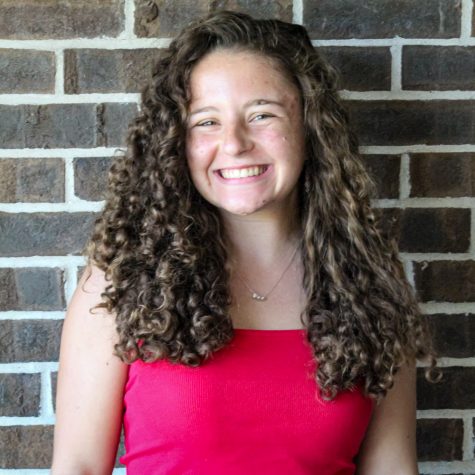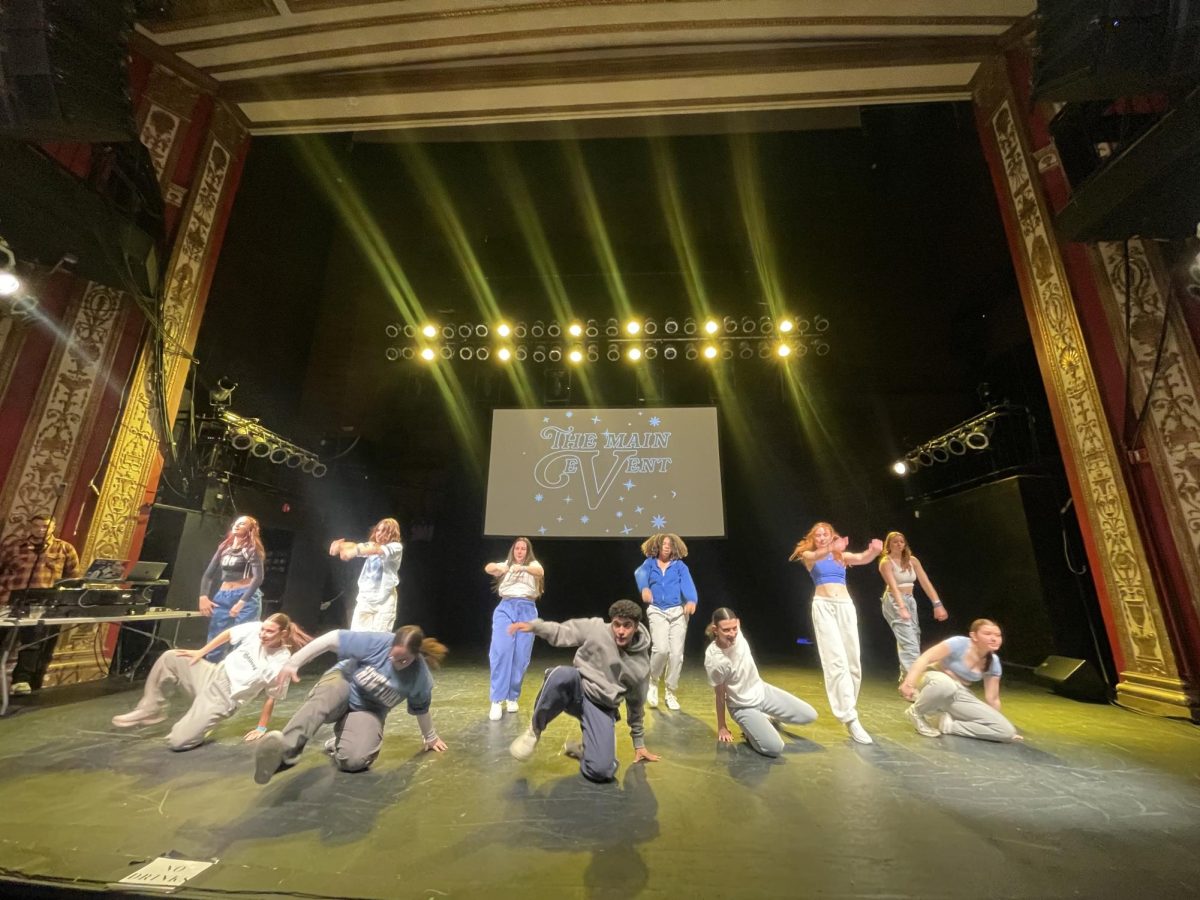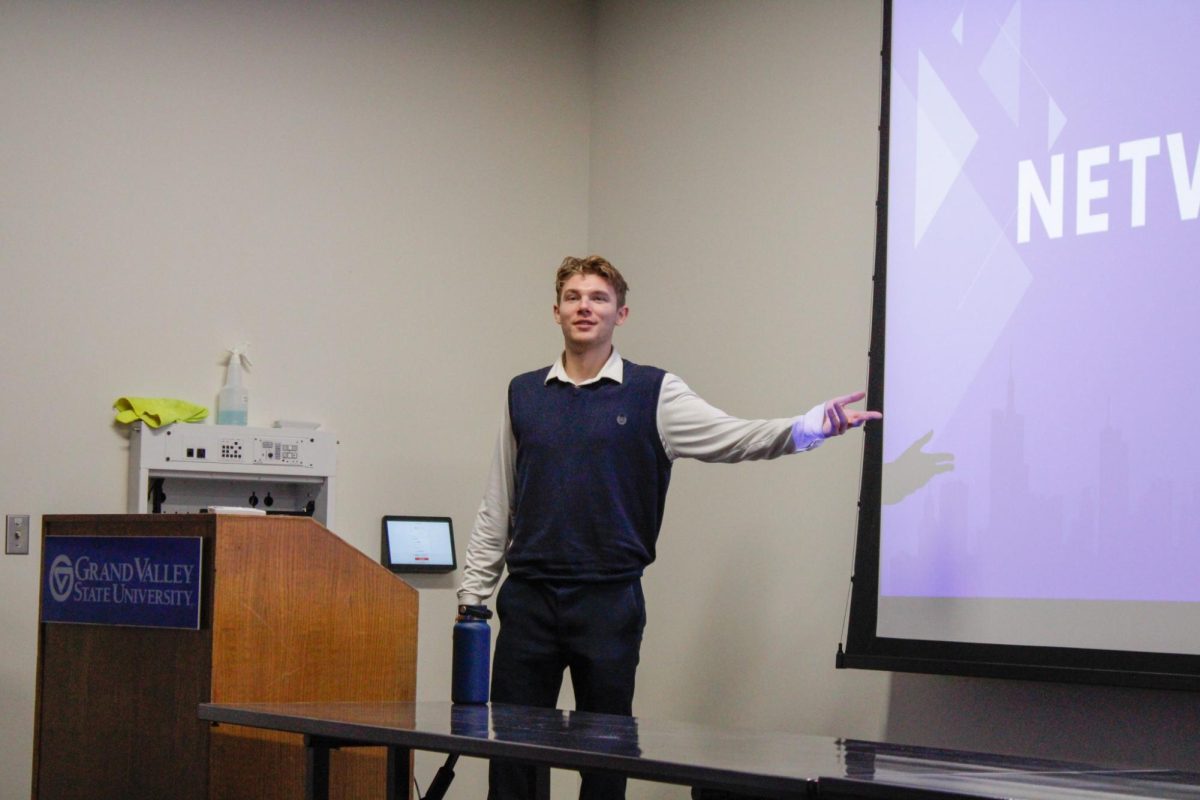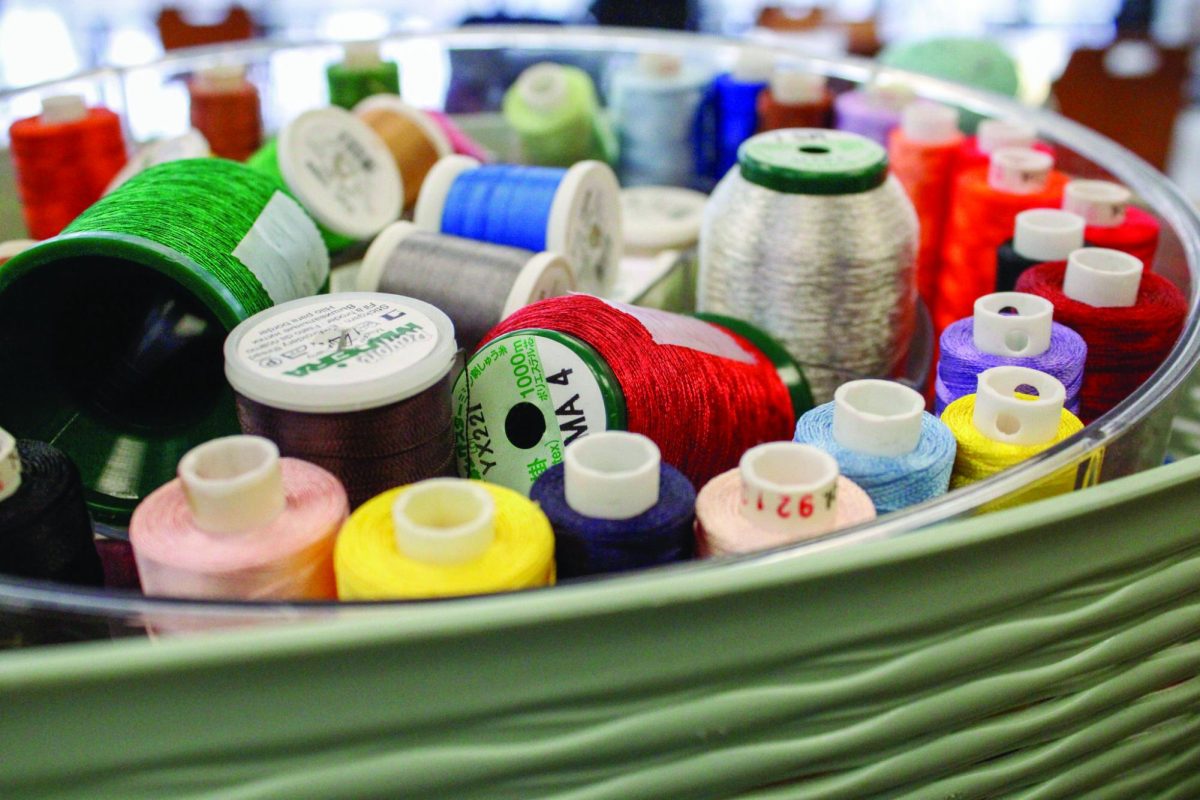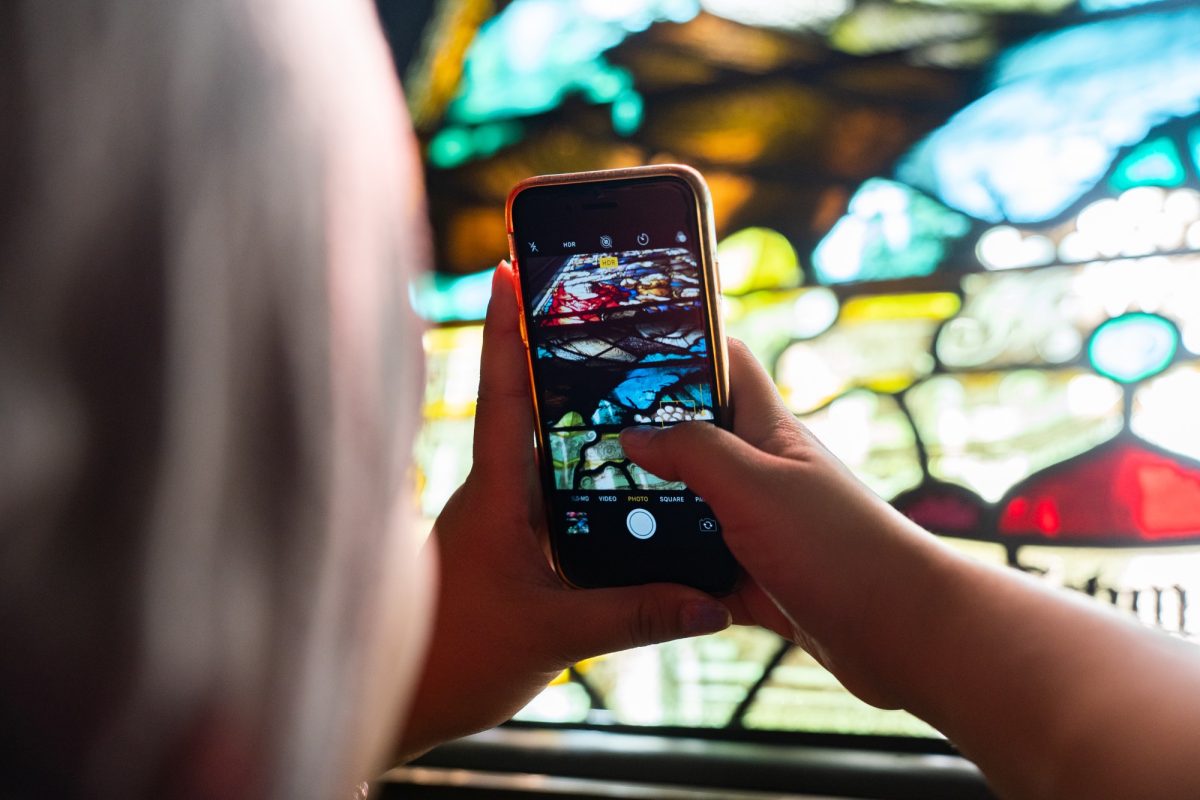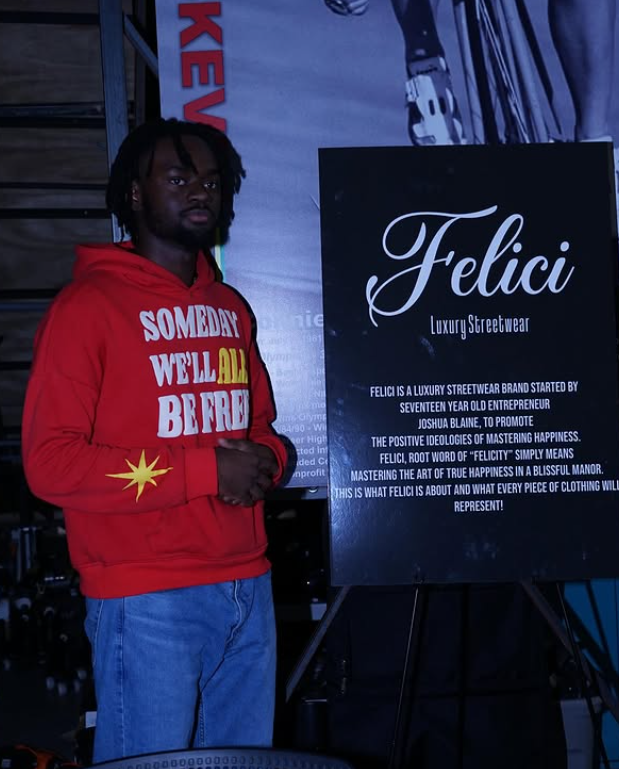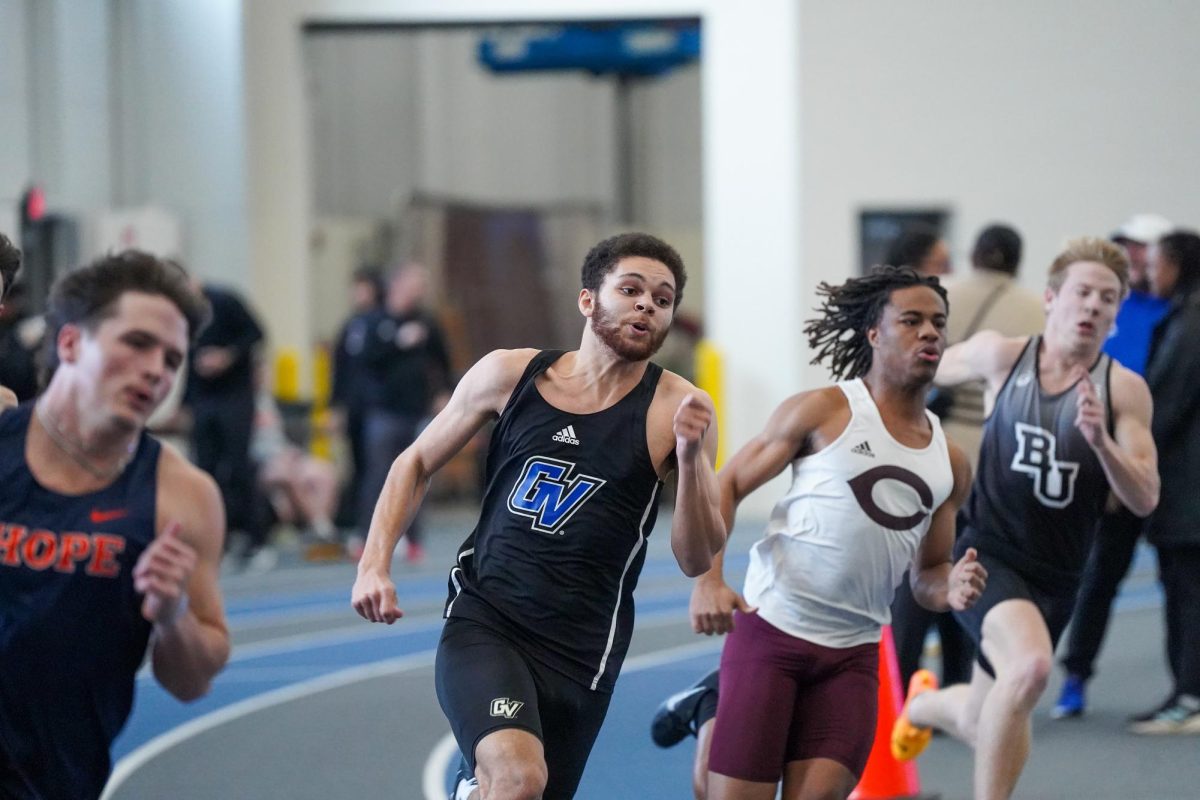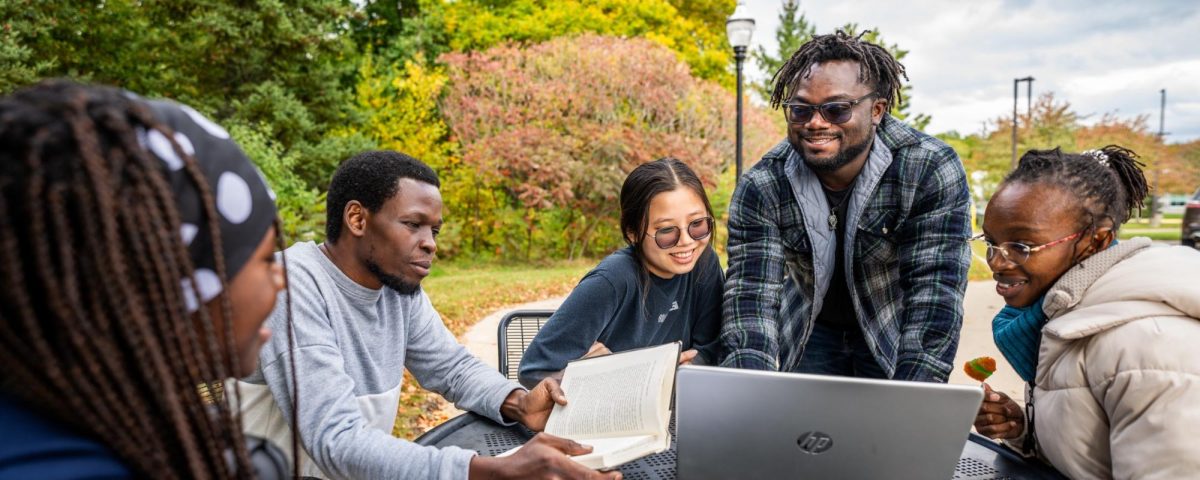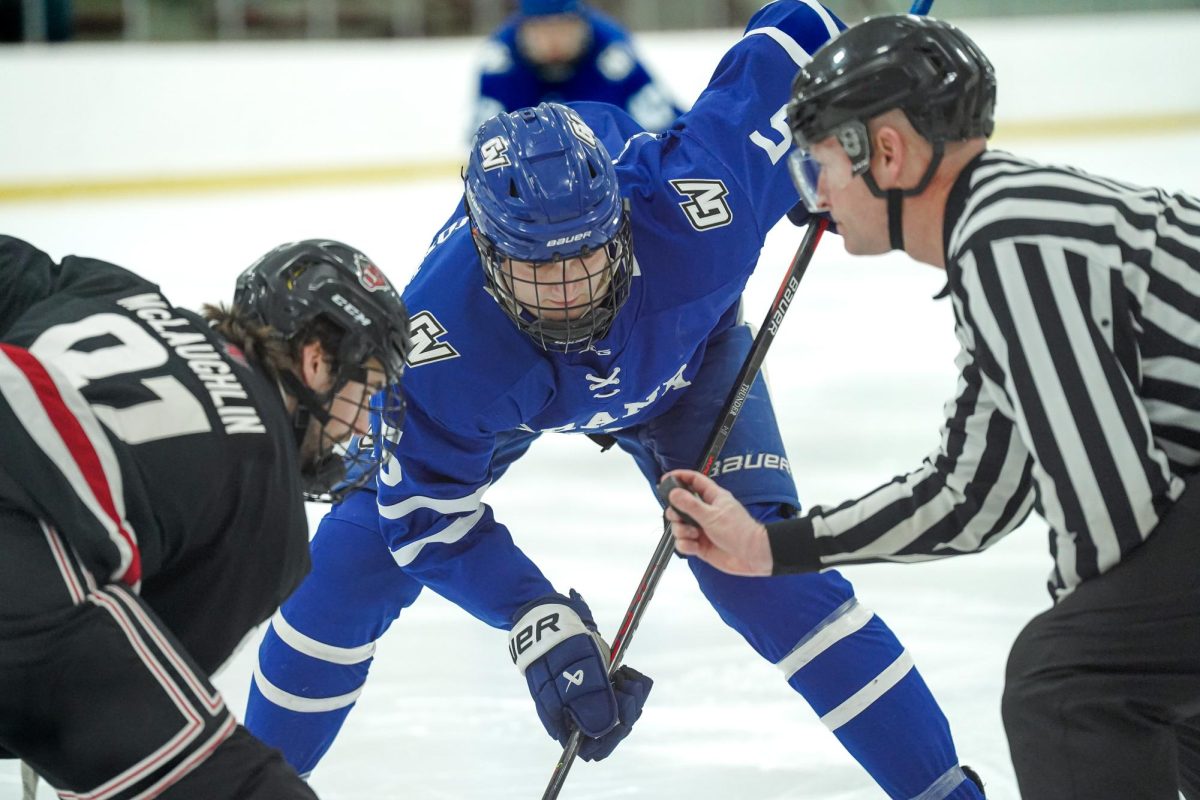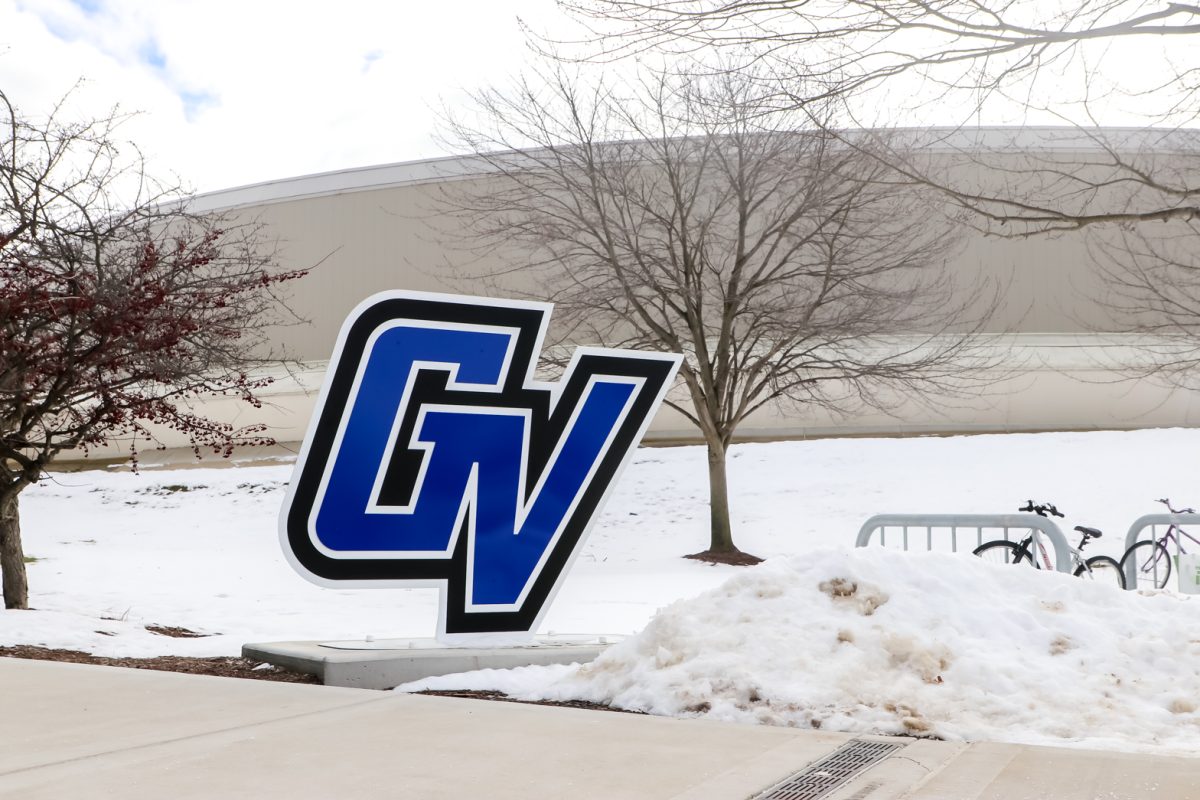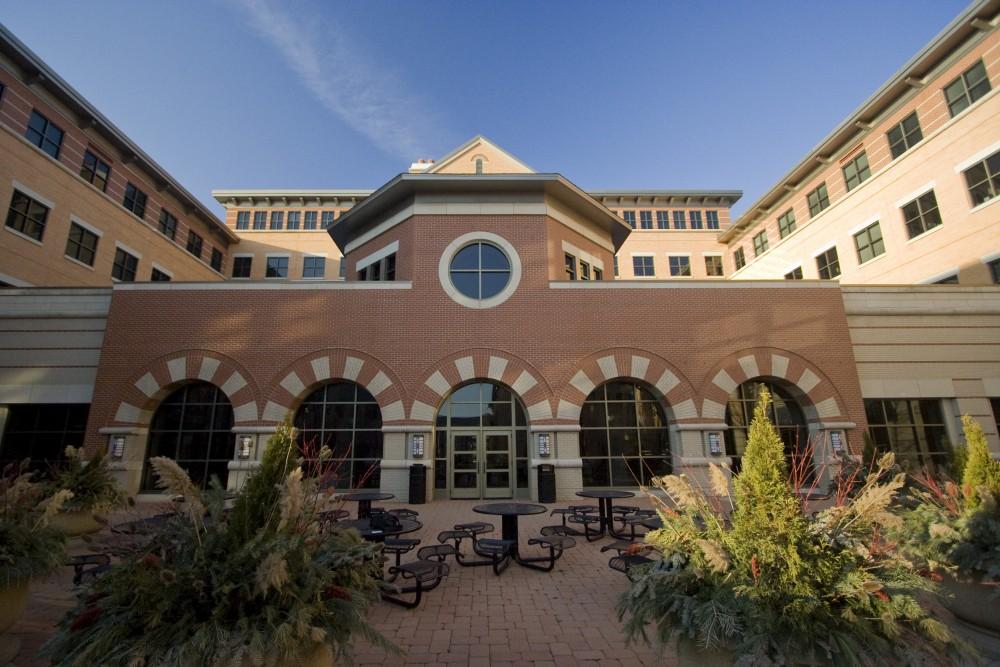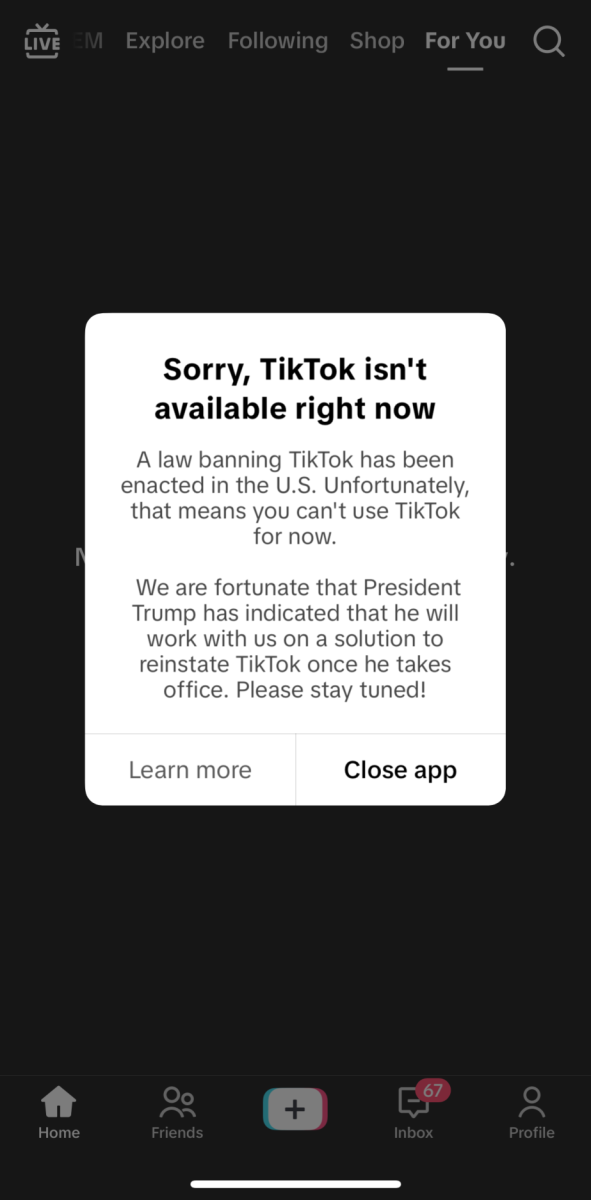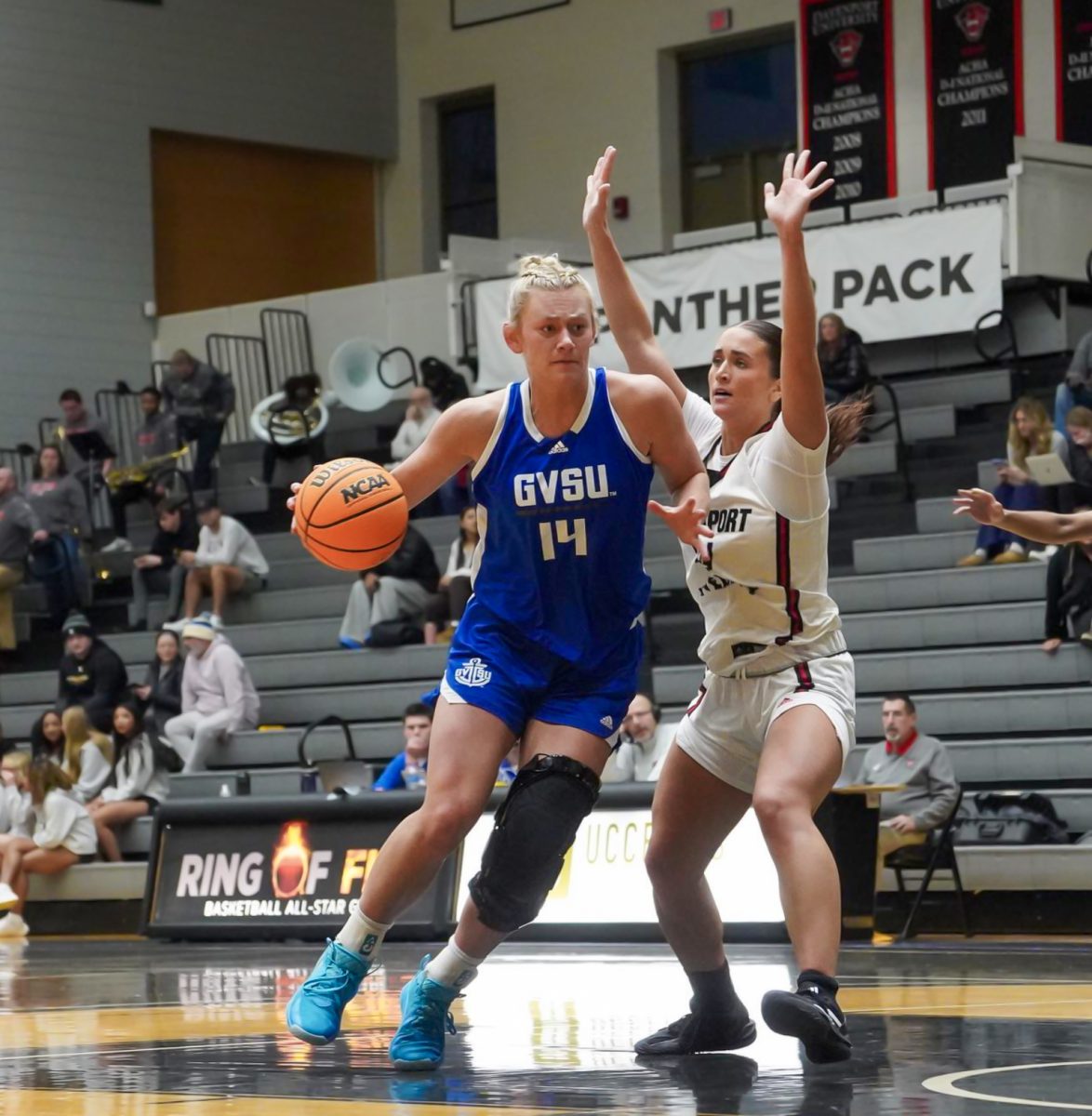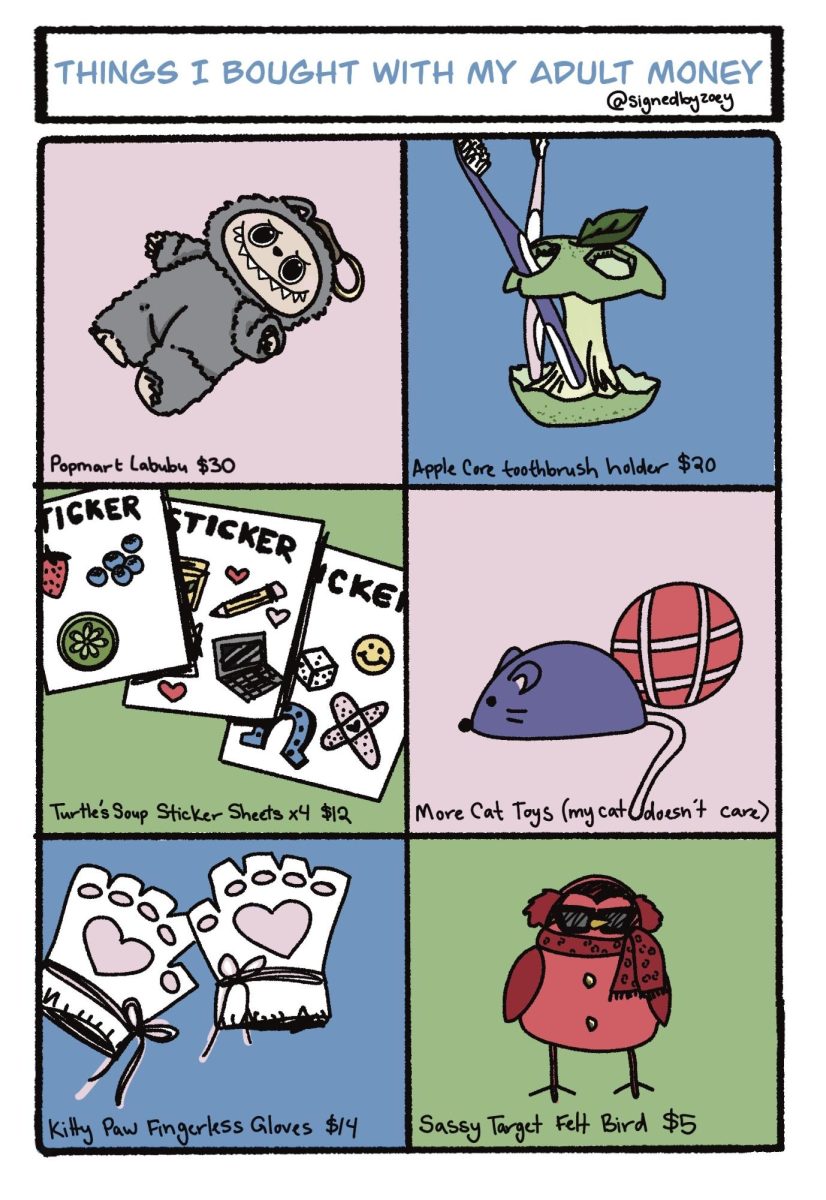GV University Counseling Center equips students to help others
Nov 21, 2022
As Allendale was met with its first bout of seasonal snowfall over the weekend and the sun begins to slip away before 6 p.m., fall seems to have come to an abrupt, icy end.
While this may be exciting for some students, for others the changing of the seasons signals more than just a shift in scenery.
According to the National Institute of Mental Health (NIMH), there’s a scientific explanation behind the “winter blues” and the changes people may experience stretching from late fall to early spring.
As days become colder and nights become longer, some students may experience symptoms caused by Seasonal Affective Disorder (SAD). These symptoms may include feeling sad or down, losing interest in activities, having low energy and experiencing difficulty sleeping.
SAD is known to affect women more often than men. In most cases, people begin to experience it in young adulthood.
To help students receive the help they need throughout the winter months, and the entire school year, Grand Valley State University’s University Counseling Center (UCC) offers a variety of resources for self and professional help.
Some of the resources offered for students include one-on-one counseling, group counseling, consultation and referrals, self-care options and emergency services.
However, the counseling center’s Mental Health Communications and Outreach Specialist Mikaela Padgen said the center also recognizes that in some cases, struggling students are willing to go to their friends before they seek out professional help.
In an attempt to meet students where they are, the UCC created the Mental Health Ambassadors Program in the winter semester of 2022.
The program was created with the goal of educating and empowering students to help their friends in need, acting as a vessel to get them the resources they require.
“We’re getting students coming to us saying, ‘Hey, my friend is talking to me about this, I don’t really know what to do. I don’t know how to help but I want to help,’” Padgen said. “So we took all that and realized that there was a way that we could train students with some skills, resources and tools to be able to identify situations of mental health distress and crisis, engage empathetically and provide that support for students that’s so needed. Then direct them to the necessary resources that are available.”
This January will mark the third semester the program has been offered to students. In order to reach all of the different communities within the university, Padgen said there’s a recruitment model to follow.
During the first round of recruitment emails are sent to groups of students the center has determined are less likely to come to the UCC or use its mental health resources.
Padgen said in the past this has included business majors, first generation students, student veterans, nursing students and marketing students.
“We pull the statistics of our clients in the counseling center – we pull majors, we pull various demographic information points and then we compare them with the university-wide statistics,” Padgen said. “From there, we can see proportionately where we’re underperforming and what students may need more support in this new, innovative way.”
Once these emails have been sent, the counseling center advertises the program on social media and information is sent to more student groups, organizations, campus units and departments.
There is also a link to the application on the center’s website. It’s set to open and close on a certain date unless the program is filled before the set date or needs to be closed early due to a lack of spots available.
The program takes place over the course of one day from 10 a.m. to 4 p.m. Throughout the day different groups working in the UCC give presentations on different topics related to mental health.
The program opens with data collected on mental health misperceptions and GVSU students delivered in a format similar to a game of Jeopardy.
The program then progresses into warning signs and intervening skills explained by counseling center clinicians to help students determine what behavioral, situational and verbal clues could be used to determine someone is experiencing mental health distress.
Following this, students participate in an interactive activity where one student will roleplay as a mental health ambassador while the other is a student in distress/experiencing a mental health situation.
Experts from GVSU’s Alcohol and Other Drugs (AOD) services also present to the group.
During the program, each student is trained as a QPR suicide prevention gatekeeper. During this training, they are given information about UCC resources and other campus resources.
However, it’s also stressed to the students that there is a point where their help needs to give way to professional services.
“We really kind of tried to hit home when their job as a mental health ambassador stops and when it’s time to seek professional help and set that boundary,” Padgen said. “We do cover self care and boundary tips as well to make sure that students are aware of where their training maybe ends and where it’s time to seek help from professionals.”
Once the program is complete students are given a certification as a Mental Health Ambassador.
Kyra Fitzpatrick, a senior studying nursing, recently received her certification and said she felt pulled to the program for a variety of reasons.
“My nursing background is a big part of it,” Fitzpatrick said. “My mom works in the mental health field, so I’ve kind of gotten that from her, but it’s basically my nursing background. I think that the pandemic has taken a really big toll on all of us – especially our community specifically as we’ve had several people struggle and some losses on our campus as well, which is devastating for us all.”
Fitzpatrick said she had originally struggled with a fear of overstepping and asking the wrong questions when concerned about someone’s mental health. One of the professionals leading the session helped her to overcome this by stressing the importance of boldness in what some might see as delicate situations.
“She was like, ‘What’s the worst they’re going to say?’” Fitzpatrick said. “They’re either going to say, ‘Yes (I am struggling),’ and you can get them resources, or they’re going to say, ‘No, what are you talking about?’ For me, it’s better to have somebody mad at you than lose someone, you know? At the end of the day, it’s a harsh reality, but I think those were the biggest takeaways.”
Fitzpatrick said one of her favorite things to do following her training was helping the UCC run a mental health screening day. During the event, Fitzpatrick would encourage students to take the short screening survey to receive their results and then speak with a counselor.
“Everyone was really, really receptive to it,” Fitzpatrick said. “They were very, very appreciative and of course, we were very appreciative of them, too, because that’s how we start the conversation. Even if people didn’t want to take the screenings, we just handed them a sheet that we give out with all the resources and they were very thankful for that, too.”
Zachary Nitz, another mental health ambassador, is a transfer student studying computer engineering and psychology. He is also a student veteran, having served five years in the Navy.
Nitz said his interest in the program came from his experience in mental health training in the military and his desire to see what resources the UCC offered for students.
“I thought it was a fantastic program that should be looked into and invested into more,” Nitz said. “I think preparing other students to be aware of (mental health) and speak about it and make themselves known as ambassadors or just someone to talk to (is important). Whether it be just to let off some stress or a reference point to get into other mental health programs the university provides is an extremely beneficial thing and gets young adults more empathetic towards each other.”
As the program develops, Padgen said the UCC is always working to improve it based on student feedback. This is received through follow-ups sent to students at the end of the program and a few months following its completion.
Padgen said the feedback has been overwhelmingly positive. The counseling center will be adding more interactive activities to the program as well as time for the students to connect with one another throughout the training based on constructive feedback received.
“I love Grand Valley,” Padgen said. “I love Grand Valley students. I have such a heart for students and their experience as a Laker and I think this is one way that I can do my part in making sure that every student’s experience on our campus is a good one.”
The next program will take place in the Kirkhof Center on Jan. 27 from 10 a.m. to 4 p.m.




